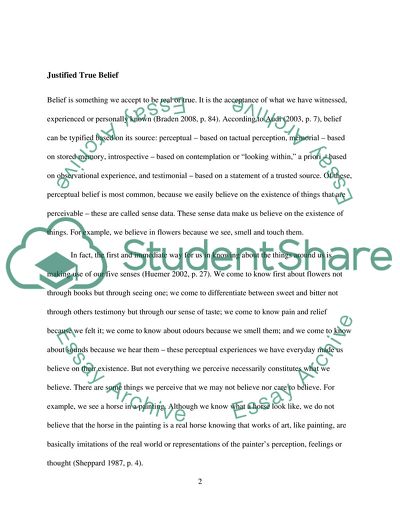Cite this document
(Discuss whether justified true belief can be considered knowledge Essay, n.d.)
Discuss whether justified true belief can be considered knowledge Essay. https://studentshare.org/philosophy/1765311-discuss-whether-justified-true-belief-can-be-considered-knowledge
Discuss whether justified true belief can be considered knowledge Essay. https://studentshare.org/philosophy/1765311-discuss-whether-justified-true-belief-can-be-considered-knowledge
(Discuss Whether Justified True Belief Can Be Considered Knowledge Essay)
Discuss Whether Justified True Belief Can Be Considered Knowledge Essay. https://studentshare.org/philosophy/1765311-discuss-whether-justified-true-belief-can-be-considered-knowledge.
Discuss Whether Justified True Belief Can Be Considered Knowledge Essay. https://studentshare.org/philosophy/1765311-discuss-whether-justified-true-belief-can-be-considered-knowledge.
“Discuss Whether Justified True Belief Can Be Considered Knowledge Essay”. https://studentshare.org/philosophy/1765311-discuss-whether-justified-true-belief-can-be-considered-knowledge.


